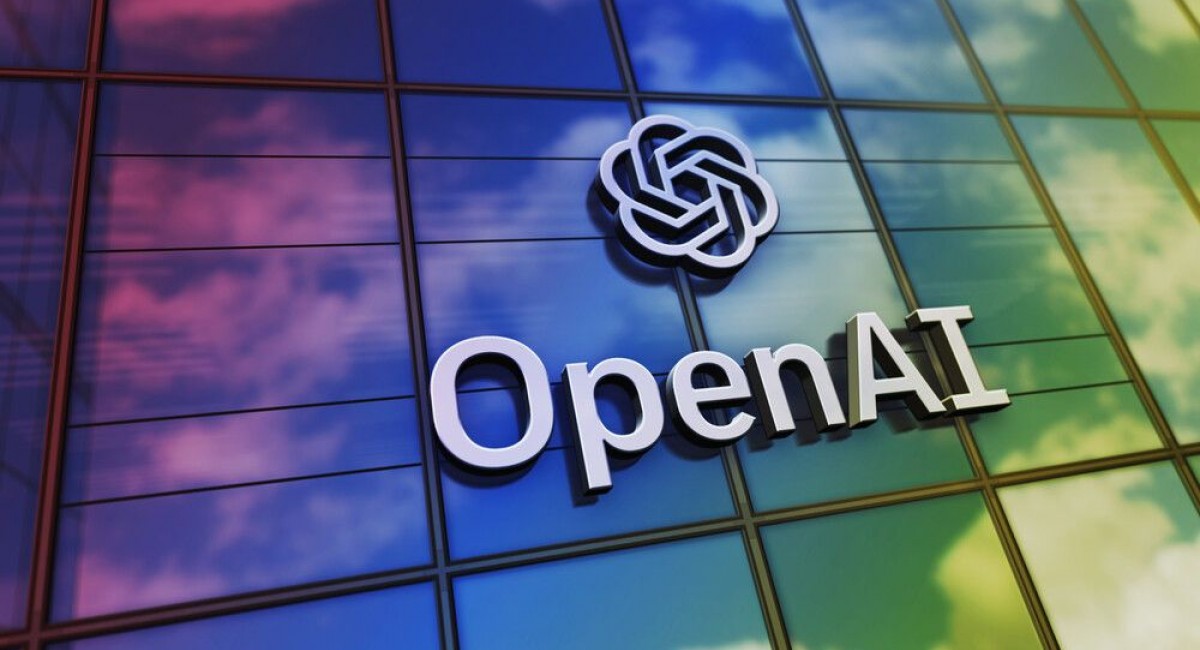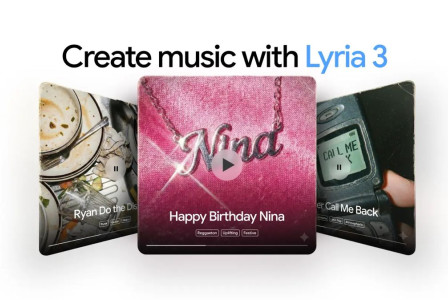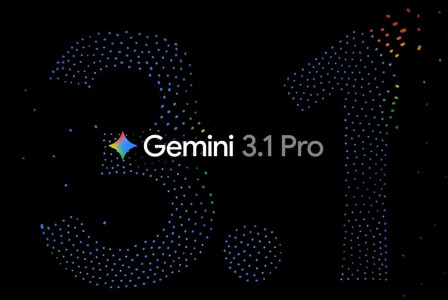SEARCH
OpenAI introduces GPT-4o mini, a lighter and cheaper AI model

SHARE IT
OpenAI is introducing GPT-4o Mini, a lighter, cheaper device for developers to experiment with. It is substantially less expensive than full-sized devices and claims to be more capable than GPT-3.5.
Building apps with OpenAI models can be extremely expensive. Developers who cannot afford to experiment with it may be priced out and opt for less expensive models such as Google's Gemini 1.5 Flash or Anthropic's Claude 3 Haiku. OpenAI is now entering the light model game.
ChatGPT users on the Free, Plus, and Team subscriptions can now use GPT-4o Mini instead of GPT-3.5 Turbo, while Enterprise users will have access next week. That implies GPT-3.5 will no longer be an option for ChatGPT users, but it will remain available to developers via the API if they do not want to switch to GPT-4o Mini. Godement stated that GPT-3.5 will be retired from the API at some time, but they are unsure when.
The new, lightweight model will also include text and vision in the API, and the company claims it will soon enable all multimodal inputs and outputs such as video and audio. With all of these features, this may resemble more sophisticated virtual assistants that can understand your travel itinerary and make recommendations. However, the concept is intended for easy jobs, thus no one is building Siri cheaply.
This new model scored 82 percent on the Measuring Massive Multitask Language Understanding (MMLU), a benchmark exam with over 16,000 multiple-choice questions across 57 academic disciplines. When the MMLU was originally presented in 2020, most models performed poorly, which was intentional given that the models had evolved too far for prior benchmark exams. GPT-3.5 scored 70%, GPT-4o scored 88.7%, and Google claims Gemini Ultra achieved the best ever score of 90%. In comparison, the competing models, Claude 3 Haiku and Gemini 1.5 Flash, scored 75.2% and 78.9%, respectively.
For developers looking to build AI apps on a budget, the release of GPT-4o Mini adds another tool to their toolbox. OpenAI allowed the financial technology startup Ramp to test the model, which was built with GPT-4o Mini to extract expense data from receipts. Instead of wading through text sections, a user can simply upload a photo of their receipt and the model will organize it all for them. Superhuman, an email client, also tested GPT-4o Mini and utilized it to develop an auto-suggest function for email responses.
The intention is to give developers access to a low-cost, lightweight platform so they may produce all the tools and applications they would not have been able to with a higher-end, bulkier model like GPT-4. A lot of developers would choose Gemini 1.5 Flash or Claude 3 Haiku instead of shelling out the staggering compute costs needed to operate one of the most reliable models.
MORE NEWS FOR YOU

 Help & Support
Help & Support 

